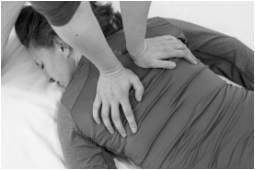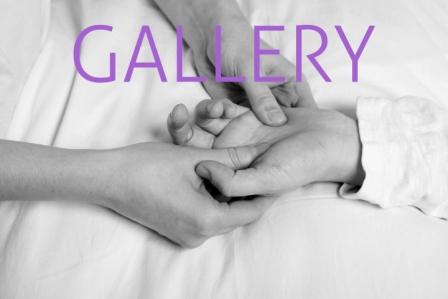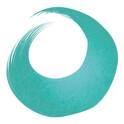 Relaxing and being aware of your body (as you might be in a Shiatsu session or similar) has its own side-effect - the aches that have faded into perception background suddenly get a spotlight, as do emotions and thoughts we keep well hidden. I am certainly not the only person who has experienced feeling like EVERYTHING in my body is tense, achy and just plain WRONG at the start of a Shiatsu or a massage treatment. This is the start of the process of resolving/ transforming these stale states of being into a healthier you, but it can be a bit of a shock. When I was still a Shiatsu student I realised I was walking with my shoulders up to my ears (at least that's how it felt to me) as if I was expecting something to drop on my head at any point. I blamed/thanked my new and improved self-awareness for that revelation. At first I berated myself for tensing up in the first place - surely a Shiatsu practitioner in training MUST be relaxed and mindful at ALL times! Then I just told myself "sod it, I am a tense person with shoulders up to my ears. One day I'll get someone to fix that!".
But the more I was aware the more frequently I started to drop/release my shoulders; there came a point when this became (almost) an automatic action. The feeling that something is going to drop on my head became less of a permanent ficture as did the need to be fixed. These days I have a far from perfect posture and I do get regular treatments, like Shiatsu, but my shoulders feel less tight (most of the time). If you see me slouching over my laptop at Meadowlark cafe you have my explicit permission to tap me on the shoulder(s) and tell me to drop it! The point I'm trying to make is that the habitual tension patterns can be challenged and changed! Being aware of your body, listening to it and helping it gently can work; being aware of the negative self-talk that holds you in that tense state helps too. Shiatsu is pretty amazing at facilitating this awareness, but releasing the tension yourself in everyday life is a powerful tool. Practicing awareness and tension release is easy, the thing that is challenging is sticking to it (this does get easier the more you do it). The breath is an accessible, simple starting point and there are tonnes of techniques that help you tune into it. My current favourite is "breathing through my feet"- I picture my lungs fill from my feet up and find myself breathing really deeply and easily - useful if the top of your chest and throat is particularly tense and you feel like you are forcing yourself to breath in. Allowing your body (on the whole or in part) to relax and let go of the tension is another good practice to get into. I find it is easier to focus on a single area, picturing, for example, my hands or jaw slowly relaxing. I have eventually learnt to accept that I won't be doing this perfectly, whatever "perfect" means (although do sometimes I forget!). Just paying kind attention to your being is an act of self-healing, or at least that's the way I choose to see it. Stay tuned for more tips on this from Catriona! I find that the exercises described in Bonnie Thomson's article on mindfulness are very helpful as well to create a more peaceful, relaxing internal environment.
0 Comments
Your comment will be posted after it is approved.
Leave a Reply. |
Categories
All
Archives
March 2017
Find out more on the Shiatsu Society website.
|
|
What is Shiatsu?
Shiatsu translates as ‘finger pressure’ and is based on traditional Japanese massage. Combining acupressure, massage, flowing movement and joint rotations helps to disperse tension, reduce pain, promote relaxation and healthy functioning of the body systems (circulation, breathing, digestion etc.). Shiatsu therapists are guided by their experience & knowledge of physiology and traditional Chinese medicine and apply pressure using fingers, thumbs, palms and elbows and combine it with other techniques. |
Proudly powered by Weebly


 RSS Feed
RSS Feed
